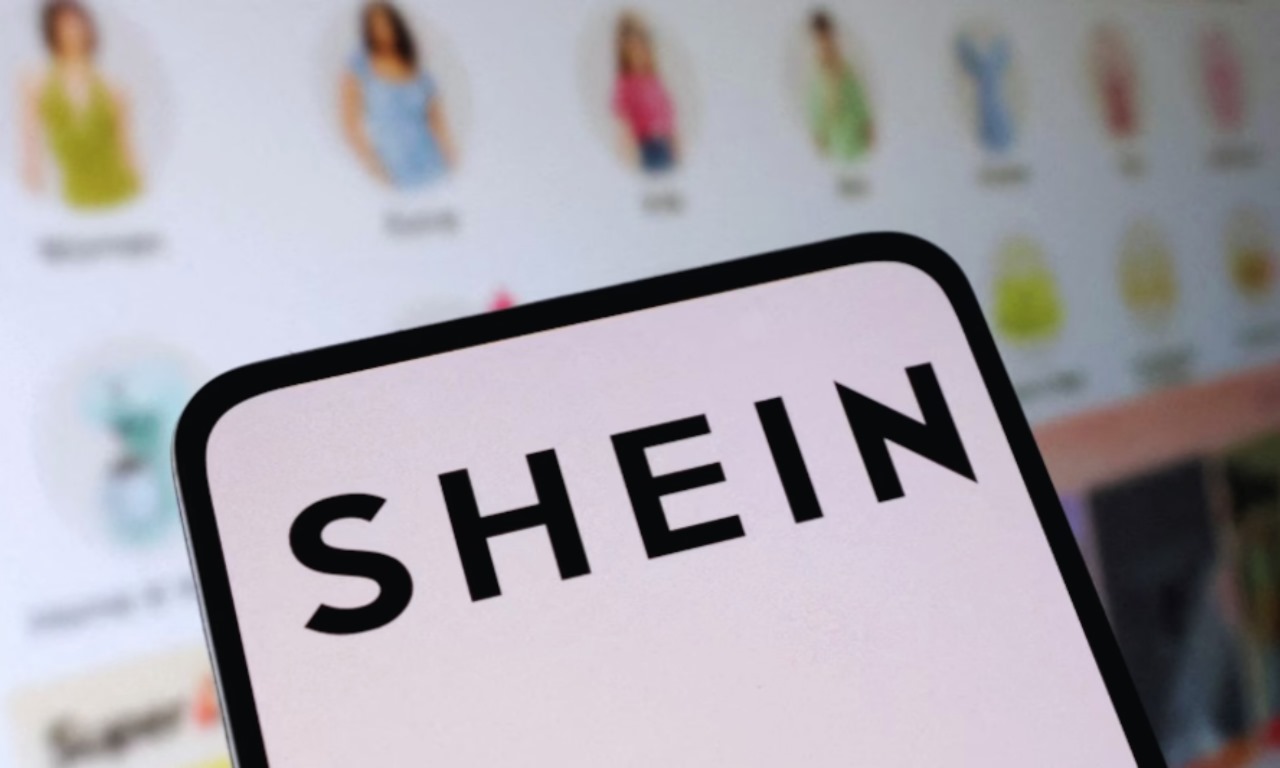Shein’s Triumphant Return: The Fashion Giant’s Comeback to India After 5-Year Ban

On June 29, 2020, the Indian government imposed a ban on 59 Chinese apps, including Shein, a popular retailer offering budget-friendly fashion.
This decision removed Shein from the Google Play Store and Apple App Store, leaving customers anxious, especially those with pending orders.
The app greeted users with a message stating, “we hope to resume services soon.” Now, in 2025, Shein has officially returned, marking a significant comeback in the Indian fashion market.
Reliance Retail’s Strategic Move
Reliance Retail has introduced an app in India to sell Shein’s fashionwear under a licensing agreement.
Upon launching the app, users are welcomed with the message: “The OG is back.” Currently, the service is available in major cities like Delhi NCR, Bengaluru, Mumbai, Navi Mumbai, and Thane, with plans for nationwide expansion.
The Indian government had previously disclosed that Reliance had partnered with Shein, under which local manufacturers would supply Shein-branded products.
Founded in China in 2012 and later headquartered in Singapore, Shein became famous for its wide range of affordable Western fashion. However, it was banned in 2020 due to data security concerns following tensions between India and China.
Free Shipping and Affordable Pricing
To attract Indian shoppers, the app offers free shipping on all orders and an easy return policy. Dresses start as low as Rs 350, reinforcing Shein’s commitment to affordable fashion.
The app, now registered under Reliance Retail Private, is available on both the Google Play Store and Apple App Store under the name SHEIN India Fast Fashion.
The 2020 Ban and Government Regulations
Shein, along with 53 other Chinese apps, was banned under Section 69A of the Information Technology Act, 2000, due to concerns over national security.
The Indian Ministry of Electronics and Information Technology stated that the ban was based on “credible inputs that such apps pose a threat to the sovereignty and integrity of India.”
Section 69A allows the government to block public access to specific digital content deemed harmful.
Following the ban, Shein released a statement affirming its commitment to complying with Indian regulations: “Shein is committed to complying with Indian regulations. We have always been focused on providing high-quality products at affordable prices for our customers. We are currently reviewing the situation and hope to be able to resume service as soon as possible.”
Shein Products Were Never Completely Banned
Despite the app’s removal, Shein-branded products were still legally available in India through third-party platforms.
On December 19 last year, Commerce & Industry Minister Piyush Goyal clarified in a written statement to the Lok Sabha that “sale of Shein-branded products in India was not banned.”
Social Media Reactions
The ban had triggered a wave of reactions on social media, with many users expressing their disappointment. One post read: “Can’t imagine the number of girls crying over Shein ban.”
Another user tweeted: “Shein has been banned, and I don’t know where I’m going to buy clothes anymore! I support the ban, but that was the best wardrobe app!!!”
How Shein’s Return Benefits India
Reliance Retail Ventures Ltd (RRVL), through its subsidiary RRL (Reliance Retail Ltd), entered a technology agreement with Roadget Business Pte Ltd, the Singapore-based owner of Shein.
This partnership is expected to support India’s textiles manufacturing sector by creating local employment and promoting indigenous production.
A government official stated: “It is expected that this will help in the growth of the Indian textiles manufacturing sector, including local handicrafts, and create significant employment.”
The agreement ensures that Shein operates under strict Indian control, with all platform data stored domestically.
What’s Different This Time?
While Shein’s return has excited its loyal customer base, some shoppers have noted differences in product offerings.
Since all Shein-branded products are now manufactured in India, the exclusivity factor that once made Shein stand out may no longer be as prominent.
Previously, Shein’s unique designs and international appeal attracted millennials and Gen Z consumers. Now, with local production, the brand faces competition from platforms like Myntra, Urbanic, and Ajio’s Global Store, which offer similar fashion trends.
Shein’s Future in India
Shein’s partnership with Reliance Retail provides a competitive edge in the Indian e-commerce market. While Shein was once a standalone brand, it will now integrate into Reliance’s vast retail ecosystem.
Reports suggest that Shein products may soon be available on Ajio, Reliance’s fashion platform.
Despite facing competition from established players like Amazon, Flipkart, and Meesho, Shein’s strong brand recall and Reliance’s vast network could help it reclaim its former popularity. However, whether Shein can regain its cult status among Indian consumers remains to be seen.









